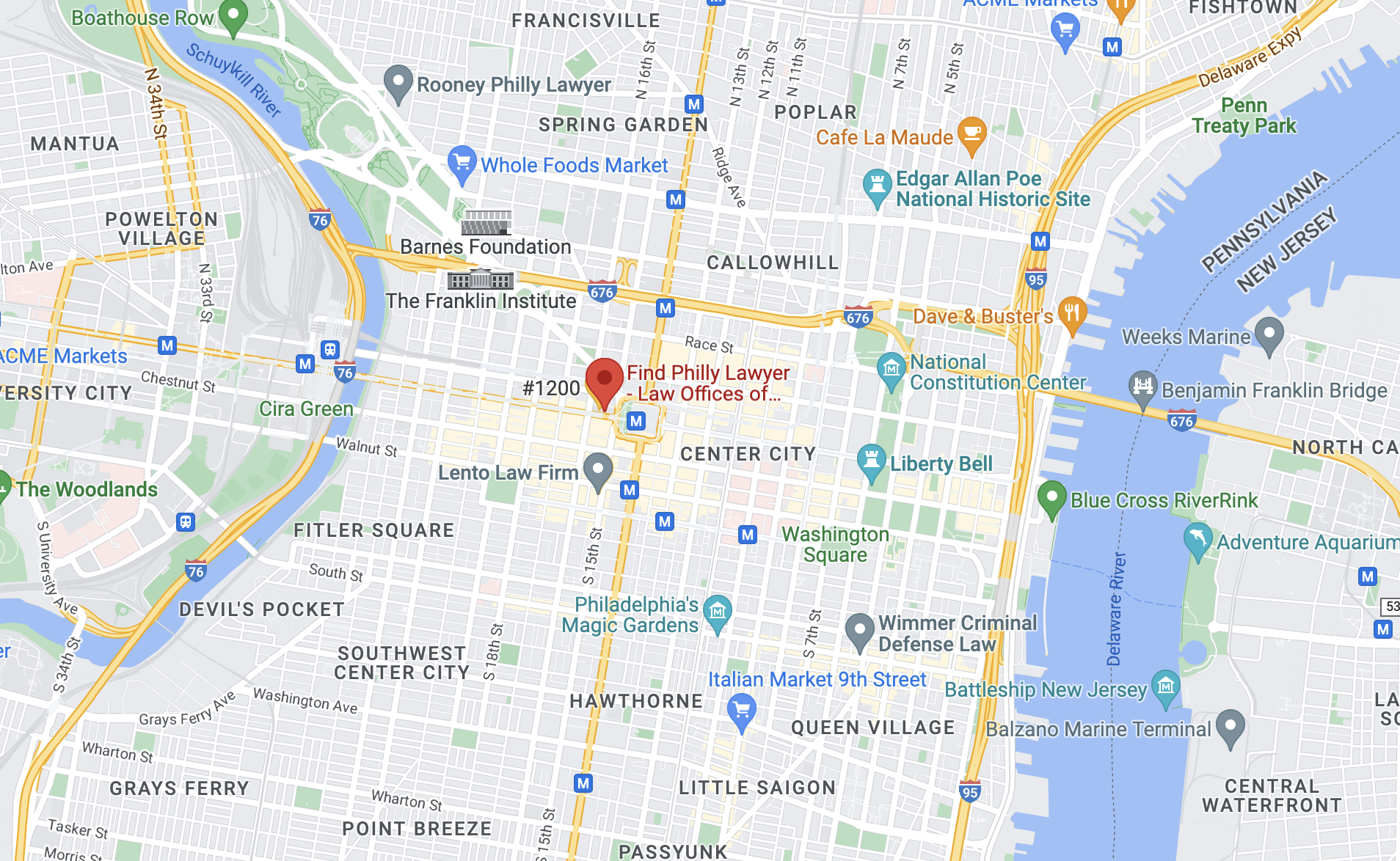When facing criminal charges, a big concern among defendants is where they will end up if they are convicted. While many, if not most, defendants are placed in state prisons, federal prisons might be possible, depending on the charges.
State and federal prisons serve similar purposes but have more than a few noteworthy differences. For starters, defendants are sent to one prison or the other based on their charges. Only those facing federal charges might end up in federal prison. Different authorities also operate these facilities. The State of Pennsylvania operates the state prison system within its borders. Meanwhile, the federal government and agencies are responsible for the federal prison system. You might also encounter different levels of security. Many federal prisons house white collar offenders and are considered lower security. State prisons, on the other hand, often house violent offenders and are usually higher security facilities. If you are unsure where you might end up if convicted, talk to your lawyer.
For help fighting criminal charges and hopefully avoiding prison time, call our Philadelphia criminal defense lawyers at The Liberty Law Team at (215) 826-3314 and schedule a free review of your case and charges.
When Are Defendants Sentenced to Pennsylvania State Prison or Federal Prison?
There is sometimes a misconception about what kind of offenders get sentenced to federal prison. People often perceive federal prisons as more severe than state prisons, which is sometimes true. However, you will not be sentenced to federal prison for committing a severe crime if that crime was charged at the state level. For example, defendants convicted of serious murder charges will not go to federal prison no matter how serious the crime allegedly was if the state government imposes their charges.
The situation becomes tricky when defendants face charges at the state and federal level. It is not unusual for someone arrested on multiple charges to face a mix of state and federal charges. What prison you might end up in depends on who decides to prosecute the case.
Federal authorities often defer to state authorities and allow state prosecutors to handle the case. In such a situation, the defendant would likely be sentenced to state prison upon conviction. Alternatively, the federal authorities might assert jurisdiction over the case, and federal prison time might become a real possibility.
How Pennsylvania States Prisons and Federal Prisons Are Operated
Federal and state prisons are operated independently of each other. The Commonwealth of Pennsylvania oversees and maintains the state prison system. The federal government and certain federal agencies run federal prisons.
Funding for these prison systems also differs since two different authorities are responsible. State taxpayers fund state prisons. As you might imagine, the federal prison system is funded by federal taxes. Federal funds tend to be larger than Pennsylvania’s budget, and federal prisons tend to be a bit better funded, staffed, and maintained because there is more money to go around.
Each prison system also adheres to different rules. For example, state prisons often release inmates for good behavior or grant parole. They also often provide work-release programs for inmates. Federal prisons are known for being stricter regarding opportunities for early release. Federal defendants often serve their full sentence and do not get any form of early release.
Security in Pennsylvania State Prisons and Federal Prisons
Both state and federal prisons have varying levels of security. Different prisons house different inmates with different types of criminal charges. Depending on the charges you might be convicted of, you could be sent a minimum, medium, or maximum security facility.
Minimum or Low Security
Not all offenses are violent or serious. Inmates whose charges are non-violent or minor offenses often end up in minimum or low security facilities. Minimum security state prisons are often reserved for non-violent offenders facing lesser misdemeanor charges. Often, defendants in minimum security facilities face relatively short periods of incarceration, and their movements are less restricted.
Minimum or low security federal facilities might house a similar inmate population, but these facilities often house white collar offenders. Such offenders are convicted of fraud, financial, or business-related offenses. While these offenses can involve a great deal of money, they are usually non-violent, and convicted defendants are not usually considered dangerous.
Medium Security
Medium security prisons are more restricted than their low-security counterparts but not as tightly restricted as higher security facilities. These prisons might house various types of inmates convicted of different offenses. In many cases, convicted defendants are not sent directly to medium security facilities. Instead, they are transferred there from higher security prisons after serving a portion of their sentence without incident.
Many medium security prisons are likely state prisons, although medium security federal prisons exist as well. Since most violent offenders are convicted on state charges, medium and high security facilities tend to be state prisons.
Maximum or High Security
Maximum security facilities are reserved for the most serious and often violent offenders. Since many federal prisons house non-violent white collar offenders, most high security prisons are state prisons. However, some violent crimes might be federal offenses, and there are some high security federal prisons.
How Do I Know Which Prison I Might Be Sentenced to in a Pennsylvania Case?
State criminal charges tend to cover a broad spectrum of offenses. Meanwhile, federal crimes tend to be more specific and imposed only under certain circumstances. As such, defendants are more often sentenced to time in state prison than in federal.
If your charges include certain offenses only charged at the federal level, you should speak to your attorney about the possibility of federal prison.
Federal charges often include white collar crimes, such as fraudulent business practices, tax evasion, and embezzlement. Other crimes might fall under categories reserved for federal jurisdiction. For example, bankruptcy is a federal issue, and any form of bankruptcy fraud will likely result in federal charges.
For the most part, state crimes tend to be more common than federal ones. Violent criminal offenses are very often charged at the state level unless some special circumstances exist to warrant federal charges. Even if those circumstances exist, the federal authorities might still defer to state authorities and prosecutors.
Contact Our Pennsylvania Criminal Defense Attorneys for Help
Call our Delaware County criminal defense attorneys at The Liberty Law Team at (215) 826-3314 and schedule a free assessment of your charges.





 Liberty Law Team
Liberty Law Team  (215) 826-3314
(215) 826-3314 lonny@libertylawteam.com
lonny@libertylawteam.com





